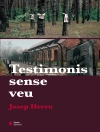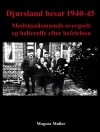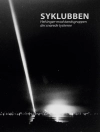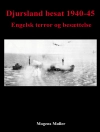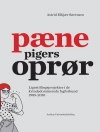From interpretations of the Holocaust to fascist thought and anti-fascists’ responses, this book tackles topics which are rarely studied in conjunction. This is a unique collection of essays on a wide variety of subjects, which contributes to understanding the roots and consequences of mid-twentieth-century Europe’s great catastrophe.
Tabla de materias
Introduction: History and its Discontents Interpreting the Holocaust Beyond the ‘Auschwitz Syndrome’: Holocaust Historiography after the Cold War Raphael Lemkin as Historian of the Holocaust The Years of Extermination and the Future of Holocaust Historiography The Holocaust and ‘the Human’ Fascism and Anti-fascism Anti-Fascist Europe Comes to Britain: Theorising Fascism as a Contribution to Defeating It ‘The Mein Kampf Ramp’: Emily Overend Lorimer and Hitler Translations in Britain Rolf Gardiner: An Honorary Nazi? Rural Revivalism and the Radical Right in Britain and France between the Wars The Uses and Abuses of ‘Secular Religion’: Jules Monnerot’s Path from Communism to Fascism Politics and Cultures of Memory Genocide and Memory Memory Wars in the ‘New Europe’ Beyond the Mnemosyne Institute: The Future of Memory after the Age of Commemoration Index
Sobre el autor
DAN STONE is Professor of Modern History at Royal Holloway, University of London, UK. He is the author or editor of fourteen books including, most recently,
Histories of the Holocaust (OUP, 2010),
The Oxford Handbook of Postwar European History (ed., OUP, 2012) and
The Holocaust and Historical Methodology (ed., Berghahn, 2012).


